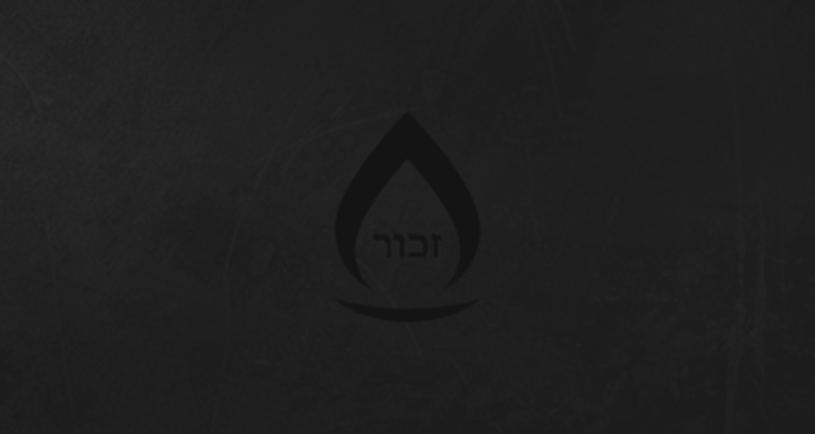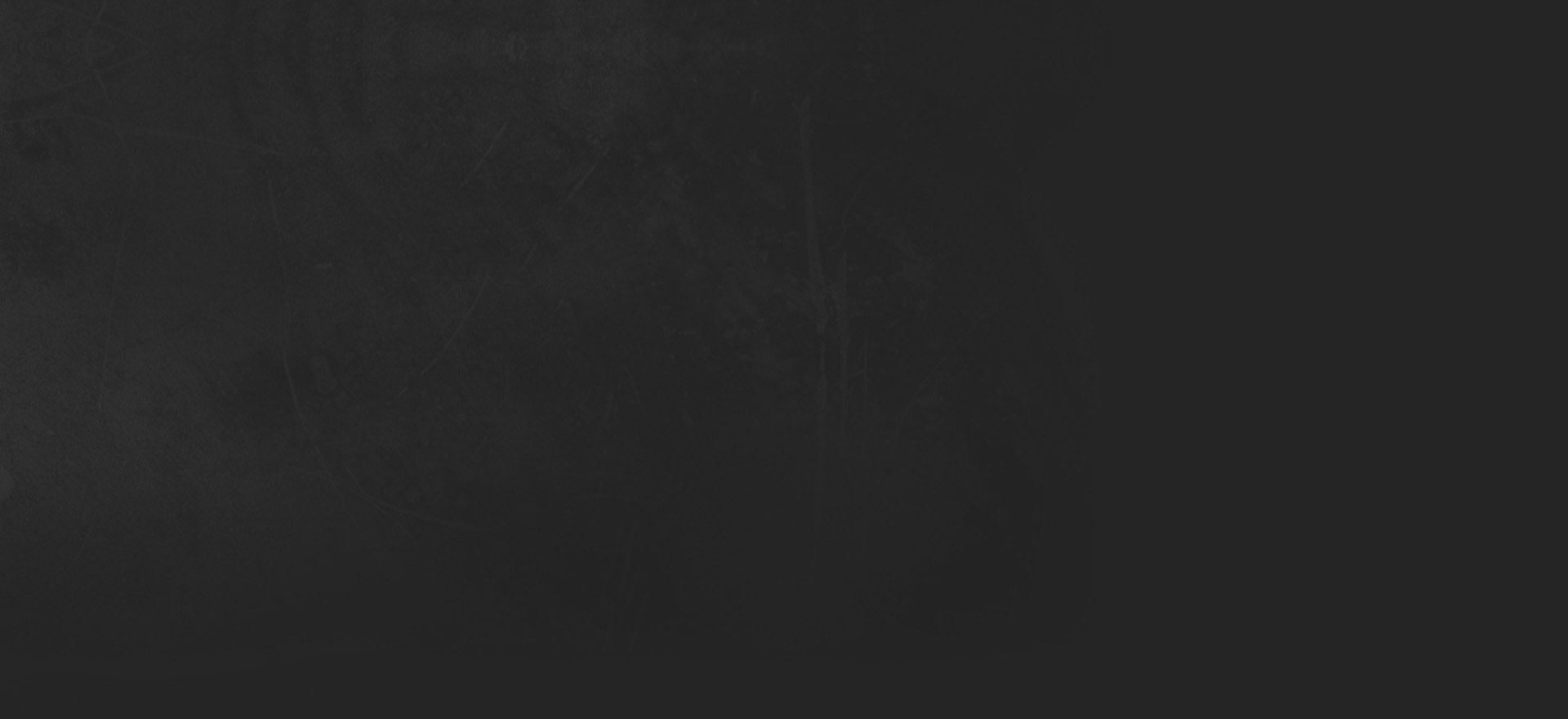Join the Montreal Holocaust Museum on November 9th at 7pm in commemorating the legacy of Kristallnacht, the pogrom organized by the Nazis on November 9 and 10, 1938. In the years that followed this violent pogrom, millions of Jews became the targets of further persecution and genocide.
Three of these individuals were Nathan, Salomea, and Janek Cytryn. On the 85th anniversary of Kristallnacht, we invite you to learn about how their lives were forever changed in its aftermath.
Their story will be told through Salomea’s own words, as her letters sent from the Warsaw ghetto to her husband in a POW camp were recently donated to the Montreal Holocaust Museum and translated by the Polish Institute of Science and Arts in Canada with assistance from the Conference on Jewish Material Claims Against Germany, supported by the Foundation Remembrance, Responsibility and Future and by the German Federal Ministry of Finance.
The ceremony will include musical pieces, commemorative prayers, an address from Professor Ula Madej-Krupitski, and readings of Salomea’s letters by performers from The Dora Wasserman Yiddish Theatre.
The Cytryn’s Story
Nathan Cytryn was born in Głowaczów, Poland in 1903 and became an officer of the Polish army. In 1928, he married Solomea (Kaśka) Kazimierska, and their son Janek (Jasio) was born in 1929. Following the invasion of Poland, Nathan was captured on September 19. Throughout the war, he was held in Murnau OFLAG VII A, a POW camp for Polish officers.
When the war broke out, Salomea was forced into the Warsaw ghetto with her son and parents. Salomea’s brother lived in Soviet occupied territory and was able to send parcels both to his sister in the ghetto and Nathan in the POW camp. He arranged for his nephew Janek to be smuggled out of the ghetto, but Salomea could not bear to be separated from her son. Salomea, her mother, and Janek were deported to Treblinka in the summer of 1942.
Nathan was liberated from the POW camp in April 1945 and immigrated to Canada, where his parents and siblings who had previous settled in Montreal.
The translation of the Cytryn family letters was made possible with assistance from the Conference on Jewish Material Claims Against Germany, supported by the Foundation Remembrance, Responsibility and Future and by the German Federal Ministry of Finance.
Kristallnacht (the Night of Broken Glass)
The Night of Broken Glass is the name given to the violent attacks (pogrom) against the businesses, places of worship and homes of the Jews throughout Germany and in the annexed countries (Austria and Sudetenland) on November 9 and 10, 1938. This violence was implemented by the Nazi leaders. The sound of broken glass heard during this attack explains the name given to the event.
Learn more about this pogrom and the Holocaust.
The Impact of Kristallnacht
“The events of Kristallnacht represented one of the most important turning points in National Socialist antisemitic policy. Historians have noted that after the pogrom, anti-Jewish policy was concentrated more and more concretely into the hands of the SS. Moreover, the passivity with which most German civilians responded to the violence signaled to the Nazi regime that the German public was prepared for more radical measures.” (United States Holocaust Memorial Museum)
Listen to Dora Cohen’s testimony on our YouTube channel.
Book your ticket

